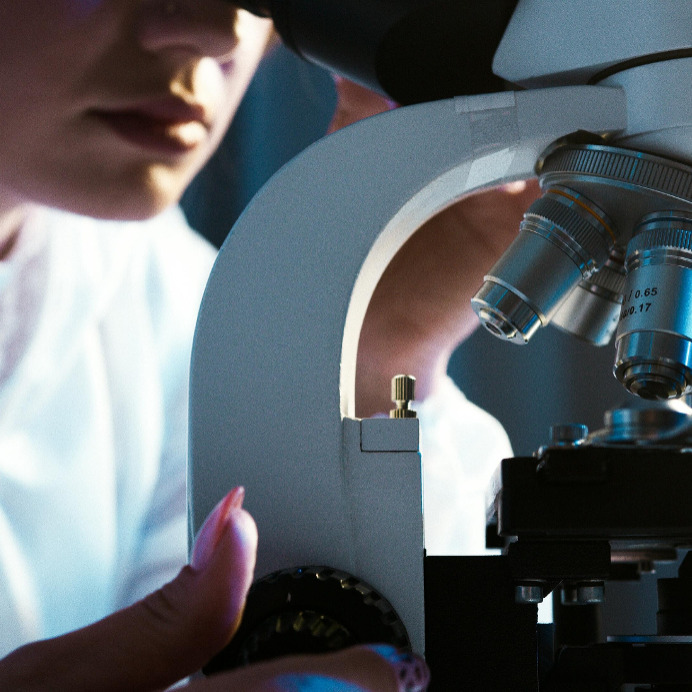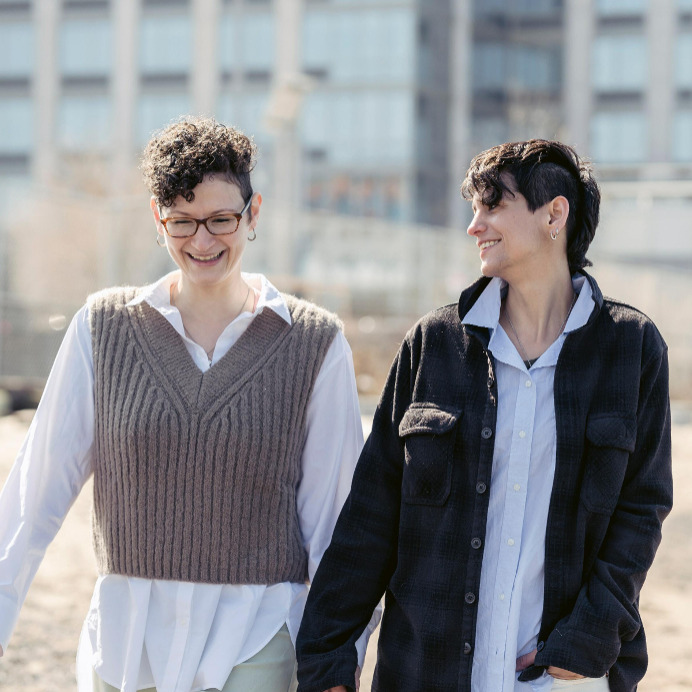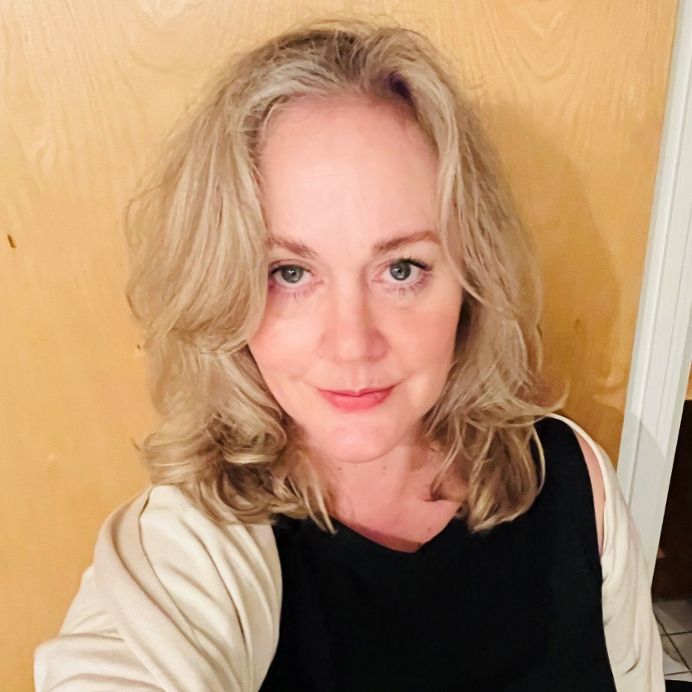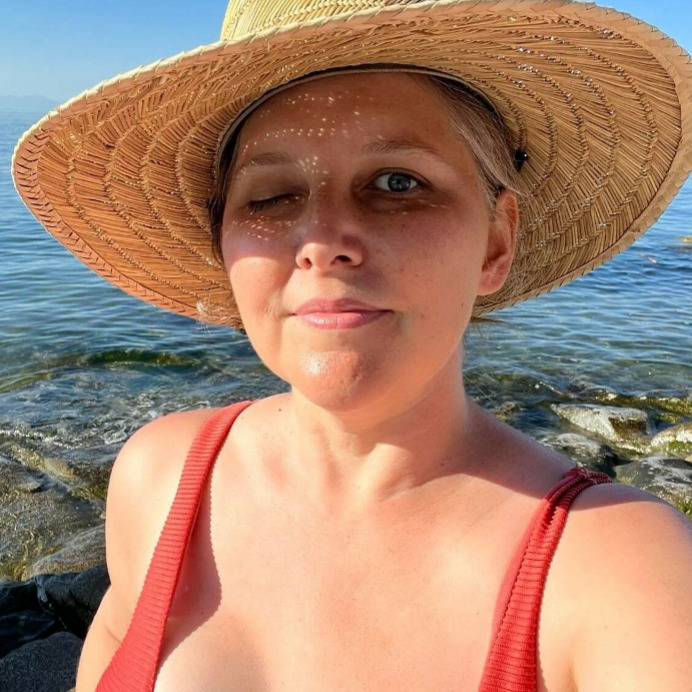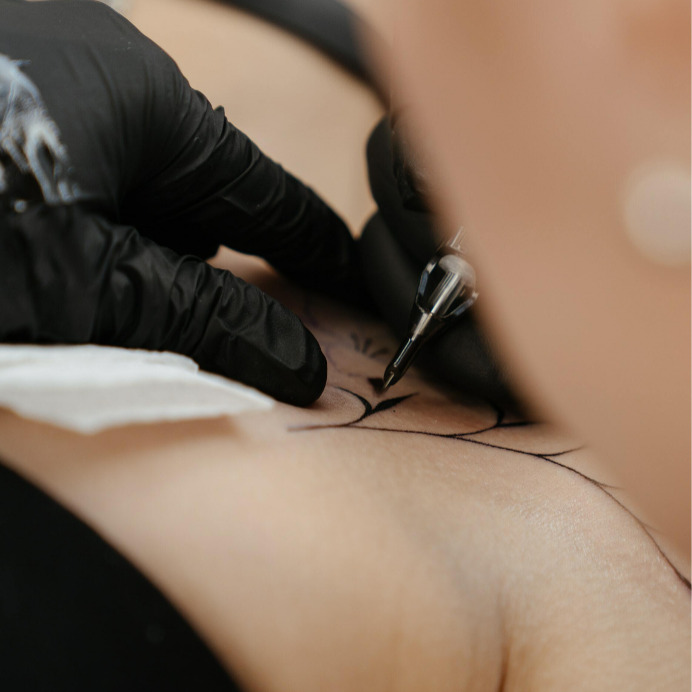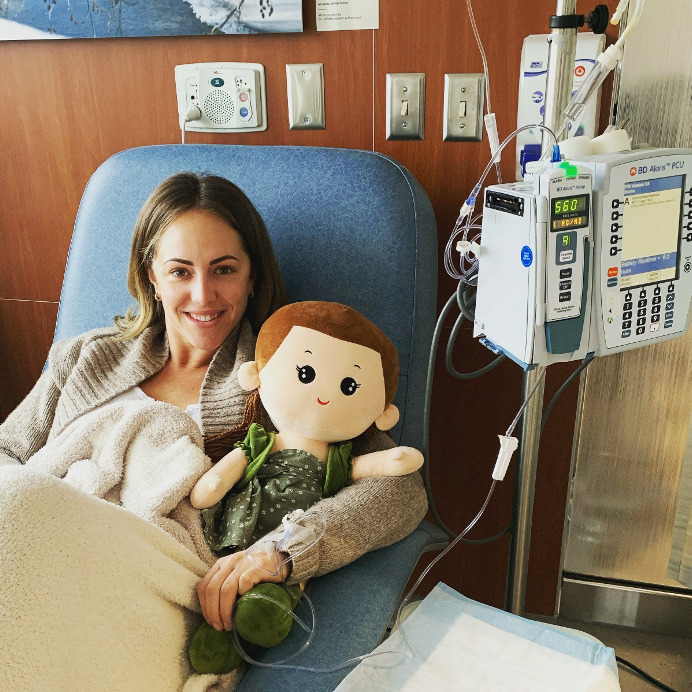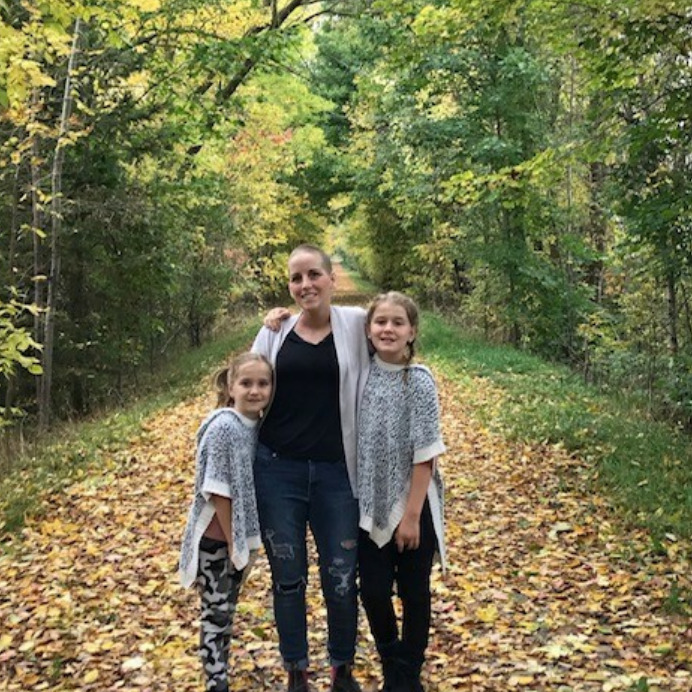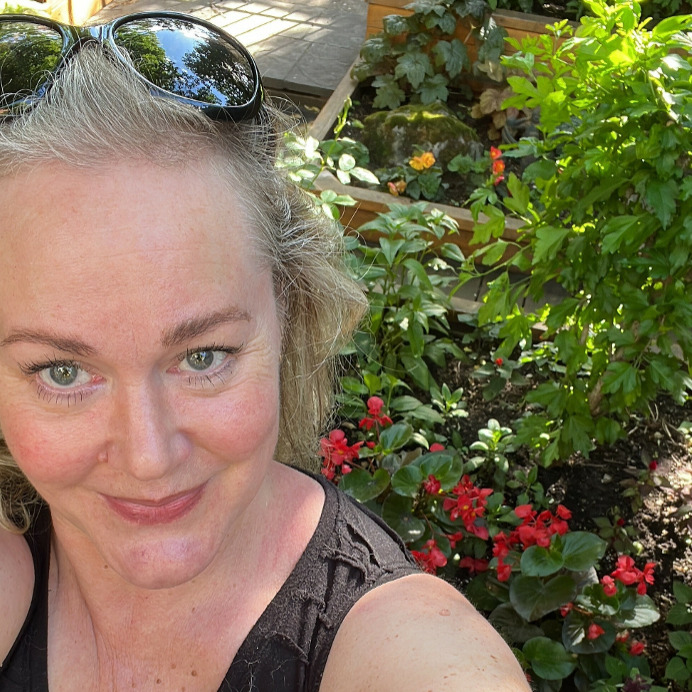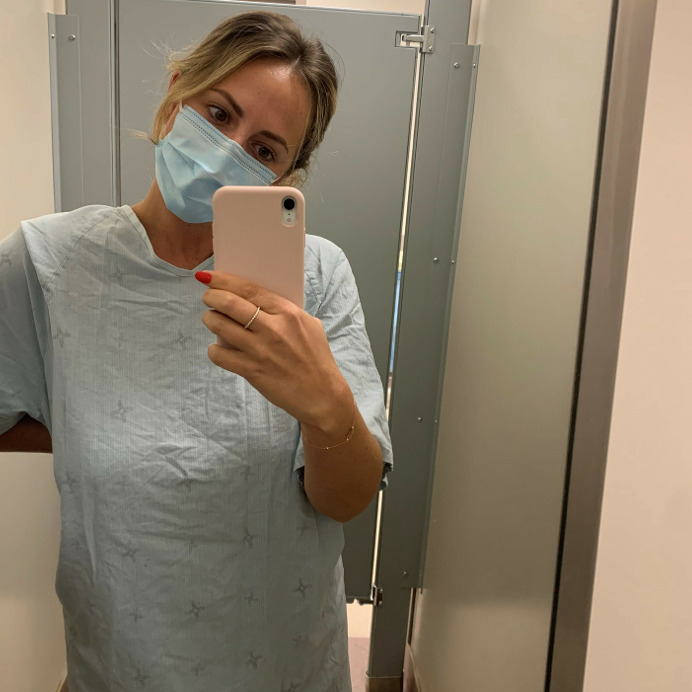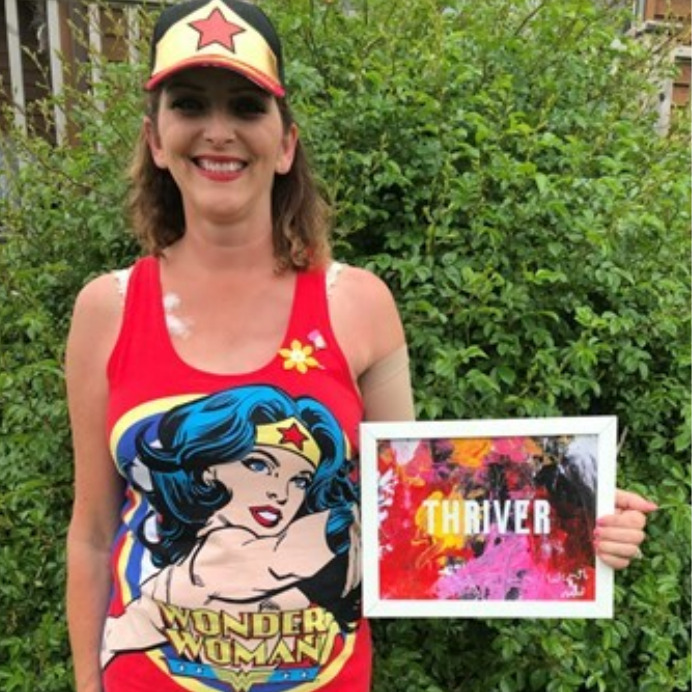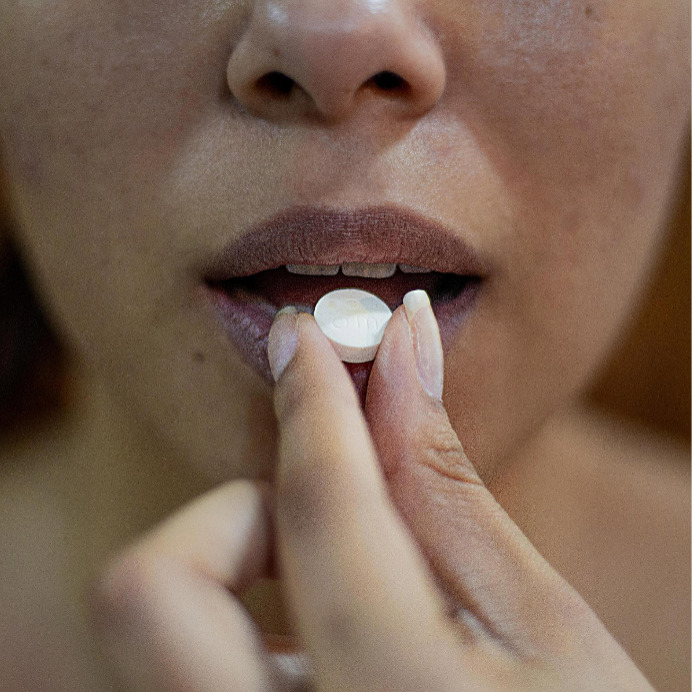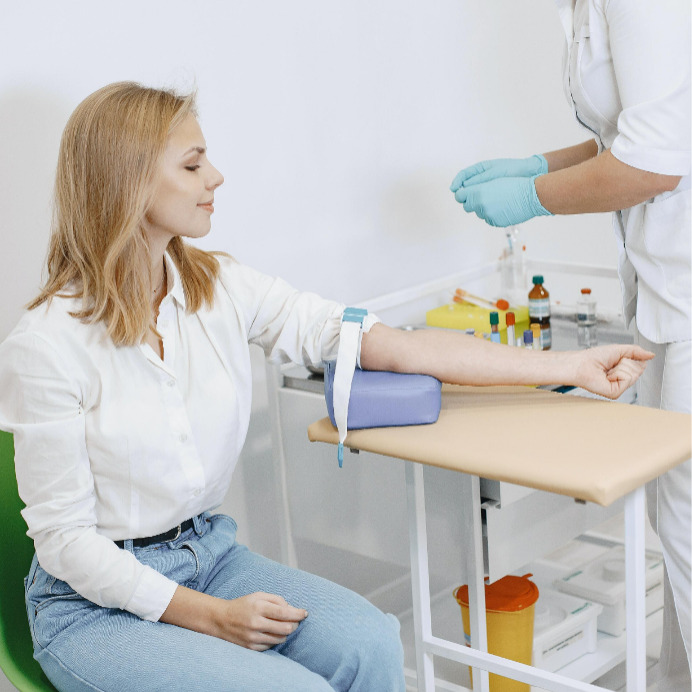By continuing to use our site, you consent to the processing of cookies, user data (location information, type and version of the OS, the type and version of the browser, the type of device and the resolution of its screen, the source of where the user came from, from which site or for what advertisement, language OS and Browser, which pages are opened and to which buttons the user presses, ip-address) for the purpose of site functioning, retargeting and statistical surveys and reviews. If you do not want your data to be processed, please leave the site.
The Voice of People With Breast Cancer
Education
Our Voices Blog
Tag : breast cancer
History of the BRCA 1 & 2 Genes
Before it was known that genes could be linked to various cancers, 1970s research focused largely on viruses and their role in the development of cancer. With the knowledge that family history had an impact on cancer risk, Mary-Claire King, an American geneticist, began to theorize possibilities beyond viruses and started her mission in identifying the cause of breast cancer running in families.
Breast Cancer Care for Lesbian and Bisexual Women
Who you are and where you live can greatly impact your access to care, and sexual orientation is no exception to this. Within the healthcare system, the LGBTQ+ community regularly experiences barriers when seeking adequate health services, and the effect of these barriers may result in poorer health outcomes. This leads to the question — does being a lesbian or bisexual woman affect your risk for breast cancer?
I Believe in Love For Endurance and Even, For Survival
I believe in love. Romantic love, yes. More importantly though, love of myself, love of my life and love of life. I’m writing this because love, my true and authentic belief in an all- encompassing love, is what gives me strength and get me through the day. I call it God’s love, but it can be called or seen as a higher power, the universe or whatever else works for you. It’s this that has helped me keep the faith that I would prevail over breast cancer.
Losses from mBC: Vision and Fertility
Five years ago, 2017, I had what I thought would be my last CT scan at the BC Cancer Agency. I was done. I busted out of there as if I was free, even though I had a mild concern about a weird, ongoing burp and GERD symptom. I was told this was anxiety and waited for the results thinking I would graduate from cancer world. This was the assumption from my medical team and something I thought could be true since it had been five and a half years since my early-stage diagnosis. Even though the fear of recurrence existed, I held strong like my oncologist did.
Considering a Mastectomy Tattoo? Here’s What You Need to Know
Following breast cancer surgery, there are a variety of options available to you. You may choose to live flat, have breast reconstruction, get implants, or use breast prostheses. Another option that you may have not considered or known about are mastectomy tattoos. Women who have gotten mastectomy tattoos following their breast cancer treatment have given a variety of reasons for getting them, including that they are a confidence boost following treatment, to cover scars, to create something beautiful, and to mark what they’ve been through.
To the Girl Standing in The Blue Hospital Gown, Part 2
I’m still scared and I’m still nervous, but I’m okay. I’m finding a sense of peace and calmness in all of this chaos. These past 42 days have been life changing. Being diagnosed and the end of a relationship has really tested my ability to find acceptance in everything. I continue to smile and laugh; life is truly incredible. The universe works in ways that I’ll never fully understand and in the darkest moments there is still light to be found.
Podcasts for Peace of Mind
I came to the Podcast game way late, like decades late. So when most people were tuning in on their morning commute to work, I was still listening to the mumbo jumbo in my head instead. Not that there’s anything wrong with this, I’ve always enjoyed my own company and I’m also a bit of a late bloomer which can translate into sometimes being a latecomer, so there’s that. But if I knew then how much I love a good podcast now, I’m fairly confident the time I spent waiting in Princess Margaret Hospital’s air-conditioned rooms would have passed by a lot quicker.
A Quick Guide to Nipple Reconstruction
During a mastectomy or double mastectomy, the nipple is usually removed. One option to remedy this is to have nipple-sparing mastectomy. However, if you are not a candidate for this, you may want to look into whether getting your nipple reconstructed is more ideal for your situation.
Questions and Experts Session Guide: A Genetic Counsellor Answers Questions about Genetics and Genetic Testing
In today’s post, we provide the questions that were sent in and asked during the live session of our Questions and Experts session held in June 2022. In this session, Rachel Mador-House, a certified Genetic Counsellor, answered questions about genetics and genetic testing. In the parentheses, you’ll find the timestamp of where to find the question in the on-demand video.
My Genetic Test Results Changed my Treatment Plans
Stacy Zelazny lives in a tiny town in Ontario, literally, she resides in a little-known place called Tiny, Ontario. Stacy describes herself as a mom of two amazing girls who is married to her best friend and winning the biggest fight of her life.
I’ll Take a Pass on the Cancer Platitudes, Thanks
“Breathe.” “Just breathe.” If I had a dollar for every time someone told me to do this —while I anxiously waited for my biopsy results, had another round of MRI exams, before and after surgery, throughout the months-long treatment and the years I spent swallowing a daily dose of Tamoxifen — I’d have a down payment for a vacation home in Mexico.
To the Girl Standing in The Blue Hospital Gown, Part 1
Well, the results are in.
Take a seat.
Take a deep breath.
It’s positive.
The Four Stages of My Stage Four MBC
One night in July 2015, I went to sleep, and everything was fine. When I woke up, it was obvious that everything was not fine. My left breast was swollen, inflamed and painful. I was shocked and worried but tried not to overreact. Then I started making excuses. Maybe my period was coming. Maybe it was cellulitis. Maybe it was a clogged milk duct. Maybe it was. Maybe it. Maybe …
FinNav Five: Support Items and Packages
To highlight the various types of programs listed in FinancialNavigator, we have put together this blogpost series, FinNav 5. In this post, we highlight five programs that provide prostheses, wigs, and other care support items and packages.
Your Surviving-Tamoxifen Checklist. All the Things You Didn’t Know You Needed, But Do
Nothing can prepare you for the onslaught of side effects the tiny little hormone-blocking drug Tamoxifen can create in your body and your life. At least that’s how I feel…now. When my oncologist first handed me the five-year prescription for the 10-mg daily dose along with a pamphlet listing 40-odd side effects, I thought differently. Then, my oncologist explained how Tamoxifen works and what I may experience—including hot flashes, weight gain and irregular periods—in such an airy, breezy way that took, maybe, all of 45 seconds to share I figured, okay, I’ve got this. This’ll be no big deal. If there was anything to worry about my doctor would warn me. Thousands of women pop this pill every single day without complaint, I’ll be fine.
What Happens if a Life or Health Insurance Company Denies Your Claim?
A breast cancer diagnosis comes with so many fears and challenges. The last thing you need on your mind is the worry about whether your insurance claim will be approved or denied. Appealing a denied claim can add an additional burden to an already difficult time. Some people don’t even realize that are able to appeal their denied insurance claims. But how do you do it?
5 Clinical Trials Currently Recruiting Across Canada
Each year, May 20th is recognized as Clinical Trials Day across the globe. In honor of this, we are highlighting various multi-centre clinical trials that are currently recruiting participants. Clinical trials are important for the advancement of cancer treatment and care, as well as important in improving the standard-of-care.
For the Newly Diagnosed: Part 2
A cancer diagnosis comes with many questions. While some of those questions can be answered by your healthcare team, many others cannot. That’s why we have put together this “For the Newly Diagnosed’ two-part series; to help patients who have been newly and recently diagnosed get the answers to their most pressing questions that may not be easily answerable. This series is also meant to help patients get ready for and be aware of challenges they may face in the upcoming months.
Questions and Experts Session Guide: A Radiologist Answers Questions about Breast Imaging After Breast Cancer
In today’s post, we provide the questions that were sent in and asked during the live session of our Questions and Experts session held in April 2022. In this session, Dr. Jean Seely, Head of the Breast Imaging Section at the Ottawa Hospital, answered questions about breast screening and imaging after breast cancer. In the parentheses, you’ll find the timestamp of where to find the question in the on-demand video. Read our Screening AFTER Breast Cancer Advocacy Guide to learn more about follow-up surveillance for those who have had breast cancer and to learn how to advocate to access the appropriate testing.
I Know How I Want to Die
I know how I want to die. I want to be in my bed, wearing my favourite pair of black and white patterned, soft cotton pajamas. I’ll be tucked under my duvet, lying on my side with my head resting on top of the extra long, queen-sized and ridiculously expensive down feather pillow I serendipitously purchased right before I was diagnosed with breast cancer. Softer than any pillow I’ve ever owned, it was worth it. After surgery and throughout treatment, my body smooshed into its feathery goodness like a hug. It protected my body parts that hurt and helped ease my stress into sleep. Like my two kitty-cats, it’s just something I won’t die without.

